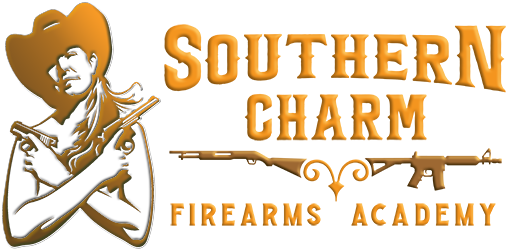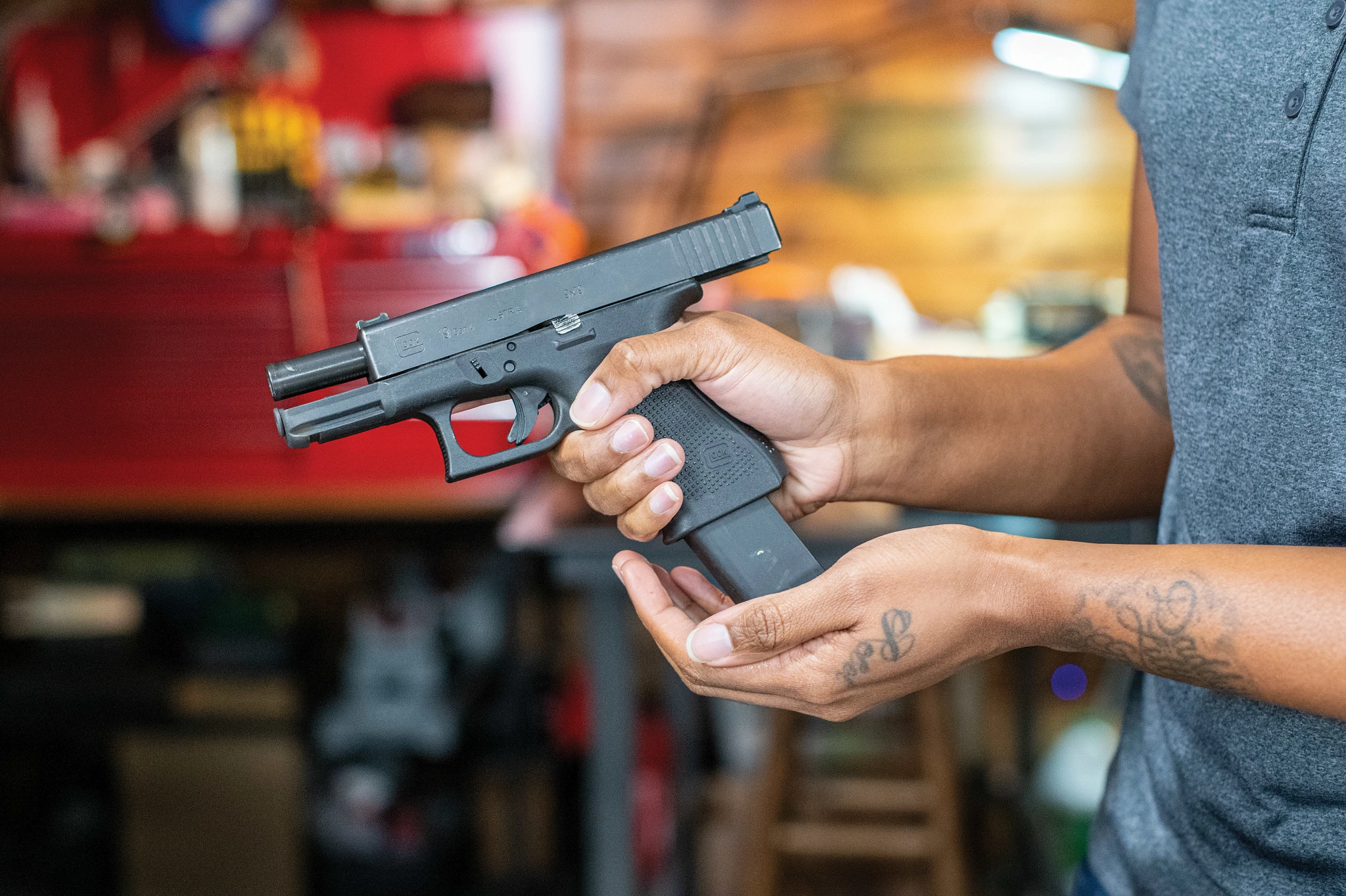Which handgun should I buy?
Choosing a firearm can be a very complicated topic and what I am about to tell you can and will be disputed by at least one other person you know. It is a distillation of what I have learned by shooting, instructing, trying to help others shoot well, talking with gunsmiths, reading ballistics research, having many, many types of guns on the firing line and trial and error.
The first thing you need to do is rule in/rule out certain calibers. As a first choice, I would suggest 9mm. Why?
- Any model of firearm that is made in 9mm will hold more rounds in the magazine than larger calibers.
- Better recoil management than larger calibers. Better recoil management means faster follow up shots.
- It is much cheaper to shoot 9mm; thus you will train more often.
- Modern 9mm hollow point ammunition has a very similar terminal ballistic profile to its larger cousins.
Ok? So, is there anything wrong with shooting a larger caliber? Yes and no. Inherently, no. However; if you cannot manage the recoil effectively, your follow-up accuracy will be negatively affected.
What about going with a smaller .380? If you absolutely need the smaller gun or cannot handle the 9mm recoil, then a .380 is a reasonable choice The new Smith and Wesson Shield 380EZ is a very good choice for those with weaker or arthritic hands.
Next comes the trickier step. Choosing the firearm. In my experience, there are certain questions that you can answer that will narrow the field before you even starting picking one up. In order of importance:
- Quality brand. There are several quality brands out there. Certain brands have certain features which may make them more, or less, appealing to you for personal use. I would highly recommend that you stay with a quality brand with reputation for reliability.
- Carry vs. Not carry. This question can help determine both the size of the firearm and the type of mechanism. If you are not going to conceal and carry this firearm, I would recommend going with a full-sized gun. If you do plan to carry, I would stay with striker fired mechanisms until you are more familiar and comfortable with hand gun use. Newton’s 2nd law plays a role here. The more mass your firearm has, the less observed recoil.
- How does it feel in my hand? This is important because you will be more likely to practice with a firearm that you like. As long as you stay within the “quality brands,” it is perfectly fine to choose a gun that you prefer aesthetically. Your hand should be able to wrap around the grip to get a proper hold on it. You will get sore spots inside your thumb and have less stability when shooting if the grip is too big for your hand.
- How it feels to shoot. For the most part, a 9 is a 9 is a 9. Assuming you are comparing only firearms within the same general size and caliber, there will be more difference in the way a gun feels to shoot based on the ammo you choose than the brand.
The over-riding principle in choosing a handgun and caliber is to remember you are choosing an effective tool. As a beginner, no firearm will feel perfect to you when you shoot it. You will not be used to recoil management and your first thought will be that the recoil is too much. This is just how it is. As your skills, and grip, posture and confidence improves, that feeling will change. And, you may decide to purchase other guns for different purposes over time.
So… Specific recommendations for the new shooter:
Full Sized guns: Glock 17, Sig Sauer P320, M&P 9mm or M&P 2.0 9mm, CZ p10
Mid sized guns: Glock 19, M&P9c or 2.0 9c, CZ p10c, Walther PDP-F
Small guns: Glock 43 or 48, Sig 365 or 365 XL, M&P Shield9, M&P Shield 380EZ
Certainly, there are other choices that will be effective and reliable. I recommend these options because they are reliable, plentiful, parts and accessories are easy to find, and you will maximize your chances of finding a qualified gunsmith to work on it.
**Some people with less muscle mass or those with arthritis have trouble working the slides on a smaller gun like the M&P Shield 9 due to the heavy springs but may have great success with the Shield 380EZ or Sig 365. Make sure that you can work your gun effectively before purchasing. A great way to do that is to work with a qualified, certified instructor that owns many of these for you to try before going to the gun counter. A little education before purchasing will go a LONG way towards your satisfaction with the gun over time. I’ve seen so many people buy a gun first and then hate it and go buy another one after taking these recommended steps.
Once you have that gun choice down, get some training with it so you really understand all the basic things you need to know about it. The things you need to know to shoot it effectively, load and unload, unload and show clear, clear malfunctions, disassemble, clean, maintain and reassemble. We offer a number of classes to familiarize you with your new gun such as basic classes and cleaning clinics. Those can be found on our events list here.

